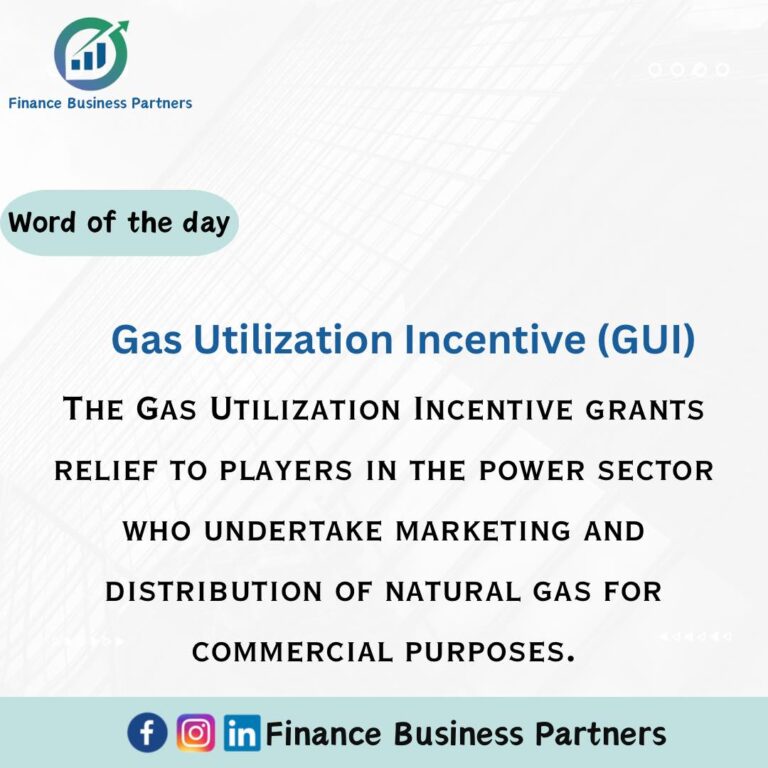Right now, Nigeria’s government is working hard to keep the economy stable and growing. A big challenge they face is deciding how to balance three things: keeping the exchange rate stable, having control over interest rates (monetary policy), and allowing easy flow of money in and out of the country. Economists call this tough choice the Policy Trilemma or Impossible Trinity.
What is the Policy Trilemma?
The Policy Trilemma means that a country can’t have all three goals at once. It can only pick two. Here’s what each option involves:
1. Fixed Exchange Rate
This means keeping the currency’s value stable against other currencies, like the dollar. It makes trade and investment more predictable but would mean Nigeria can’t freely adjust its interest rates.
2. Free Capital Flow
This means allowing money to move in and out easily. It can attract foreign investors and create jobs, but it also makes the economy more sensitive to global shocks and limits the government’s control over financial stability.
3. Independent Monetary Policy
This lets Nigeria adjust interest rates to manage inflation, growth, or unemployment. But if the country focuses on this, the exchange rate will likely fluctuate, making the economy less predictable for investors.
Why Does This Matter for Nigeria?
For Nigeria, choosing two out of these three means making sacrifices. If it chooses to keep the exchange rate steady, it might need to limit money movement or lose some control over interest rates. If it decides to focus on attracting foreign investments with easy capital flows, it might not be able to adjust interest rates as needed to control inflation.
Why Can’t Nigeria Have All Three?
The answer lies in economics: having all three could cause instability. Most countries face this same challenge and have to decide which two goals are the most important based on their current economic needs. Nigeria has to choose which two goals best support the economy. Balancing these options will help shape the country’s economic future, but it’s a tricky task that requires tough decisions.





